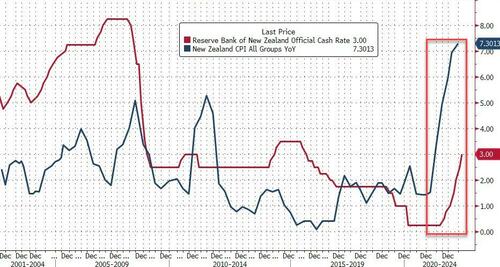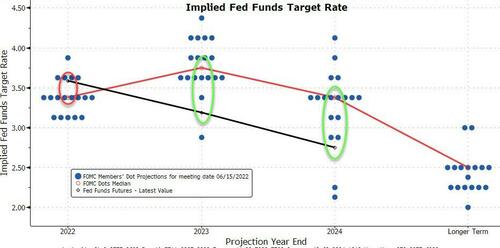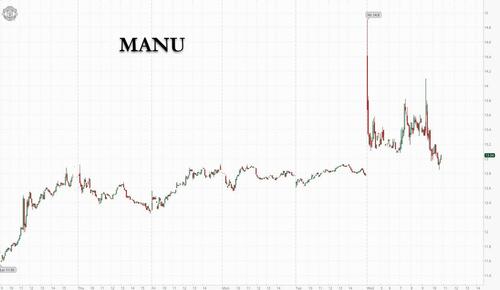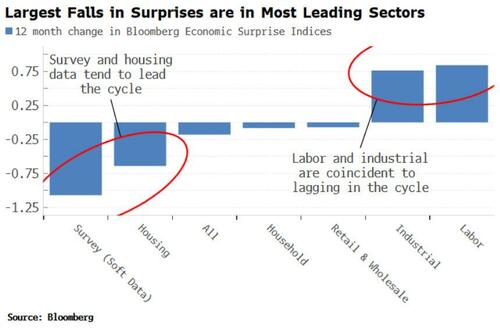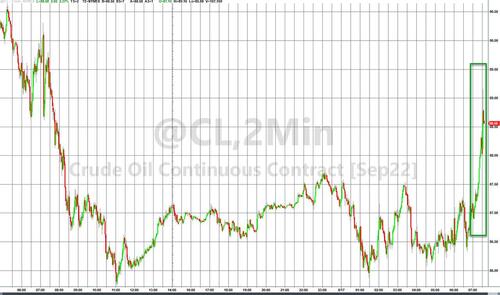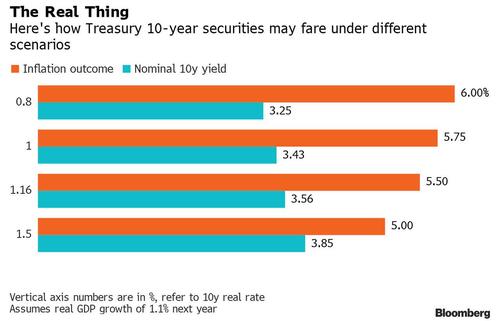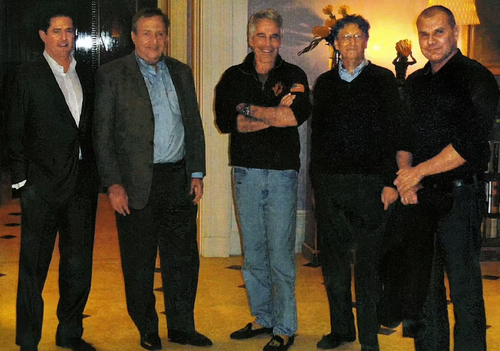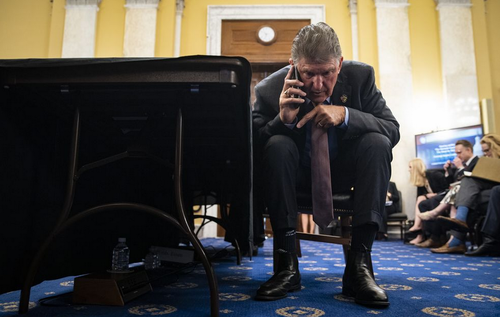It was a pleasant November day in Tucson, Arizona, and Sarra needed to procure a Thanksgiving turkey. The COVID-19 pandemic was still raging—this was fall 2020, before vaccines had been made available—and the supermarket’s policy was to discourage excess people from entering the premises.
Sarra thus opted to let her 7-year-old son and his 5-year-old friend play at the park while she ran the errand. She instructed the kids to wait for her by the jungle gym; taking note of an adult acquaintance teaching a tai chi class in the park, Sarra told her kids to consult the friend in the event of an emergency. She then left to buy her turkey.
“It seemed like a nice, calm day,” says Sarra. (In order to protect her privacy, her full name is not being used.)
Leaving the kids behind was an easy decision, one any parent might have made. The park was safe and the errand was quick.
And yet the state of Arizona has decided that the incident demonstrates Sarra’s unfitness to care for children. Leaving two kids to fend for themselves even briefly—in a perfectly safe public park, with an acquaintance nearby—was an act of negligence, in the state’s view, and one that warrants Sarra’s placement on a list called the Central Registry.
People who are on the Central Registry are prohibited from working with children, even in a volunteer capacity. The Central Registry violates basic tenets of due process in numerous ways: It is run by an administrative agency, the Department of Child Safety (DCS), and the standard for placement on the Central Registry is probable cause—mere suspicion of wrongdoing, in other words.
“That’s the standard the government uses to get a search warrant,” says Timothy Sandefur, an attorney and vice president for legal affairs at the Goldwater Institute. “That’s really outrageous.”
The Goldwater Institute, a conservative and libertarian think tank, and the Pacific Legal Foundation (PLF), a libertarian public interest law firm, have filed a motion on Sarra’s behalf to prevent the Central Registry from adding her name to its list—or to remove her name if it’s already there. (The list is so shrouded in secrecy that it’s hard to tell.) If unsuccessful, Sarra’s name will enter the registry for the next 25 years. “It’s really shocking,” she says.
She was in the middle of shopping when a friend found her in the store and informed her that the police were with the kids. She raced back to the park, where the police arrested her on suspicion of endangering a minor. This was surprising, given that the children were never in any danger whatsoever—and no one had claimed they were.
Though there’s not an explicit law against letting kids play by themselves in a public park, Arizona’s minor delinquency laws are especially vague. And even in states where the laws are clearer, parents are customarily prosecuted for leaving kids at home, letting them walk to school by themselves, or dropping them off at the playground for a few minutes of unmonitored play. Thus Sarra joined the ranks of the Meitiv parents, Melissa Henderson, Megan McMurry, and so many others across the country who were wrongly punished by law enforcement for entrusting kids with reasonable levels of autonomy.
Sarra ultimately worked out a plea deal, in which the prosecutor would drop the charges if she took a parenting class.
“I was told you just take this one class and they’ll drop everything, it will all go away,” she says. “But it doesn’t really go away.”
That’s because the police are one matter, and DCS is another. The department operates all on its own and can take action against a parent whether or not the cops file charges.
Moreover, the procedures in DCS trials bear little resemblance to actual courts of law, which have rules of evidence and require a presumption of innocence. Sarra’s case went before a DCS administrative law judge with the sole power to decide her fitness as a parent—a “hired bureaucrat,” according to Sandefur, who described the treatment of parents like Sarra as fundamentally unfair.
“It violates a large number of constitutional protections that are supposed to ensure that innocent people are not railroaded for allowing their children to play outside for half an hour,” he says.
Particularly concerning, notes Sandefur, is the unbelievably low threshold for finding a parent unfit: probable cause. The situation reminds him of civil asset forfeiture abuses, in which police seize property from people merely suspected of crimes. Victims of civil asset forfeiture often have great difficulty recouping their losses, even though in many cases they are never actually convicted of underlying crimes. Police took $8,040, for instance, from a Rochester, New York, woman after raiding her apartment. The cops were investigating her former boyfriend, and never charged her with a crime; they did keep the money, though.
Similarly, parents who were never convicted of child endangerment—nor even reasonably accused of ever putting a child in harm’s way—can nevertheless be prohibited from taking care of children in the state of Arizona.
“You have a system that allows the government to blacklist people based on irrational assertions of harming children,” says Sandefur.
DCS procedures are especially illiberal in that the department’s director can overrule an administrative judge and place a person on the Central Registry even if the judge ruled in the person’s favor.
After a “kangaroo” hearing that Sarra describes as a mere formality—it was a foregone conclusion DCS would determine the probable cause threshold had been reached, she says—her name was slated for registration. She appealed that decision, and now with Goldwater and PLF’s help, she expects her case to reach the Superior Court in the coming months. If they lose there, they will appeal all the way up to the state Supreme Court, says Sandefur.
In the meantime, Sarra’s pending designation as a menace to children hasn’t fazed the Sunday school where she teaches.
“They said, ‘Don’t worry about it, we’re not going to listen to DCS,'” she recalls. The Central Registry is evidently so vast that organizations working with children can’t even rely on it. Sarra said she saw an estimate that one in every 100 Arizonans is on the list for one reason or another.
“It’s so crazy,” she says. “Either we’re all criminals, or the law is not quite right.”
The post A Mom Let Her 7-Year-Old Play in the Park. Arizona Arrested Her and Banned Her From Working With Kids. appeared first on Reason.com.
from Latest https://ift.tt/mR0elAd
via IFTTT

